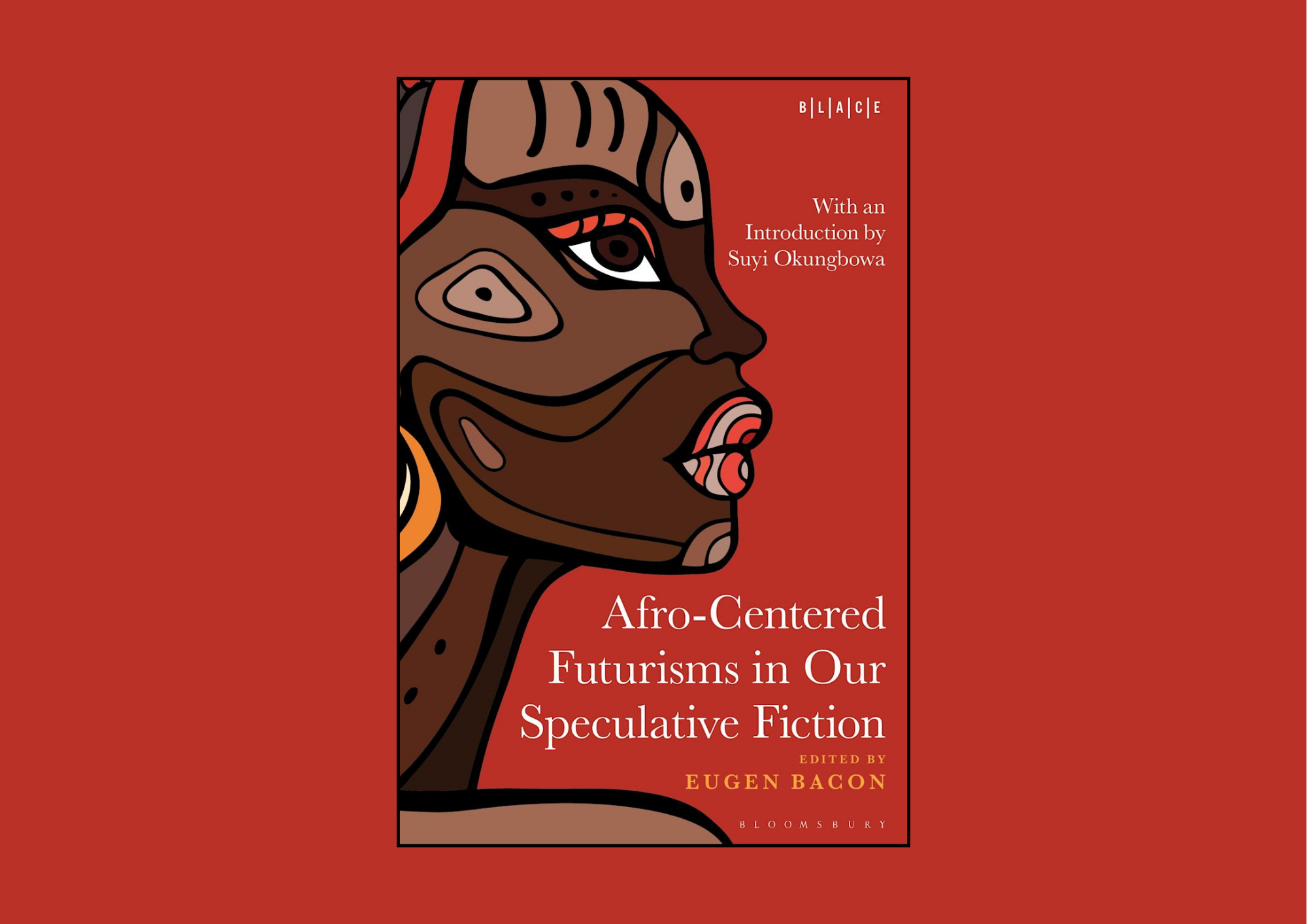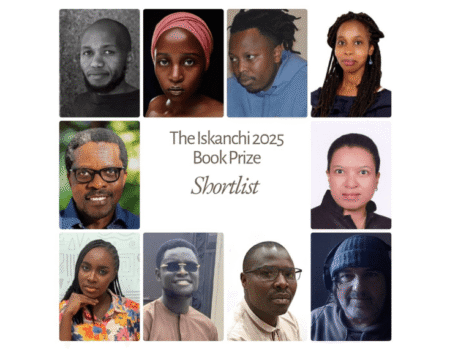The Afro-Centered Futurisms in Our Speculative Fiction anthology edited by Eugen Bacon and published by Bloomsbury Academic is set to revolutionize the landscape of speculative fiction by amplifying African voices and perspectives. This project emerges from Bacon’s reflections on the current state of Afrofuturism, particularly after engaging with the anthology Literary Afrofuturism in the Twenty-First Century. In her essay, she articulates a pressing concern: While the discourse around Afrofuturism has grown, it often overlooks the rich narratives that African authors can offer—those who possess intimate knowledge of the continent and its diverse cultures.
Bacon’s journey began with a realization sparked by her reading. She noted that many works in the genre lack contributions from authors with lived experiences in Africa. Prominent figures such as Nuzo Onoh, Tlotlo Tsamaase, Dilman Dila and more are notably absent from discussions that shape the understanding of black speculative fiction. This absence is significant, as these authors are crucial to exploring themes of identity, diversity, and social justice within their narratives.
Recognizing this gap, Bacon reached out to a range of African writers to invite them to contribute to her anthology, which she had already pitched to Bloomsbury Academic. The enthusiastic responses she received confirmed the timeliness and necessity of an African-voiced book on futurisms. Writers expressed excitement about participating in a project that resonates with their own thoughts and creative explorations.
Contributing authors are Aline-Mwezi Niyonsenga, Cheryl S. Ntumy, Dilman Dila, Eugen Bacon, Nerine Dorman, Nuzo Onoh, Shingai Njeri Kagunda, Stephen Embleton, Suyi Okungbowa (the introduction), Tobi Ogundiran and Xan van Rooyen.
The anthology promises to be a vibrant collection that not only showcases diverse African perspectives but also serves as an approachable scholarly text for readers new to Afrocentric fiction. Each chapter delves into how these authors interpret and interrogate Afrofuturism through their unique lenses. Contributors explore themes such as technology, spirituality, and cultural identity, providing insights into how their backgrounds inform their storytelling.
Bacon emphasizes that this project is not merely an academic endeavor; it aims to engage general readers and foster critical awareness of Afrofuturistic writing. The anthology features hybrid chapters that combine creative storytelling with scholarly analysis, allowing for a richer understanding of Afro-centered futurisms. Each author contextualizes their work within the broader narrative of African identity and experience, highlighting the importance of naming and cultural significance in African traditions.
The support from Bloomsbury’s Black Literary and Cultural Expressions (BLACE) series underscores the importance of representation in literature. Series editors Toyin Falola and Abimbola Adelakun have championed this project, recognizing its potential to include diverse voices in literary conversations.
As critics begin to weigh in on Afro-Centered Futurisms in Our Speculative Fiction, the initial responses are overwhelmingly positive. The anthology is poised to make a significant impact on contemporary literature by bridging gaps in representation and celebrating the richness of African storytelling.
Bacon’s call to action invites readers to engage with this timely project, which promises not only to illuminate African narratives but also to redefine the boundaries of speculative fiction. With its focus on innovative storytelling and diverse voices, Afro-Centered Futurisms in Our Speculative Fiction stands as a landmark contribution to both literature and cultural discourse—encouraging a deeper understanding of Africa’s multifaceted identities in an ever-evolving world.
Afro-Centered Futurisms in Our Speculative Fiction is officially out on 14th November 2024—available at Bloomsbury Academic.
Kgomotso Tsotetsi
Kgomotso is a passionate storyteller with a sharp eye for detail and a talent for uncovering the heart of any story. Having served as editor-in-chief and creative segment reporter for their high school newspaper, Kgomotso developed a strong foundation in investigative reporting, writing, and editorial management. Her approach combines creativity, precision, and an innate ability to connect with people, ensuring every narrative resonates deeply. Known for their curiosity and love for compelling storytelling, Kgomotso thrives in environments where impactful journalism takes center stage.





